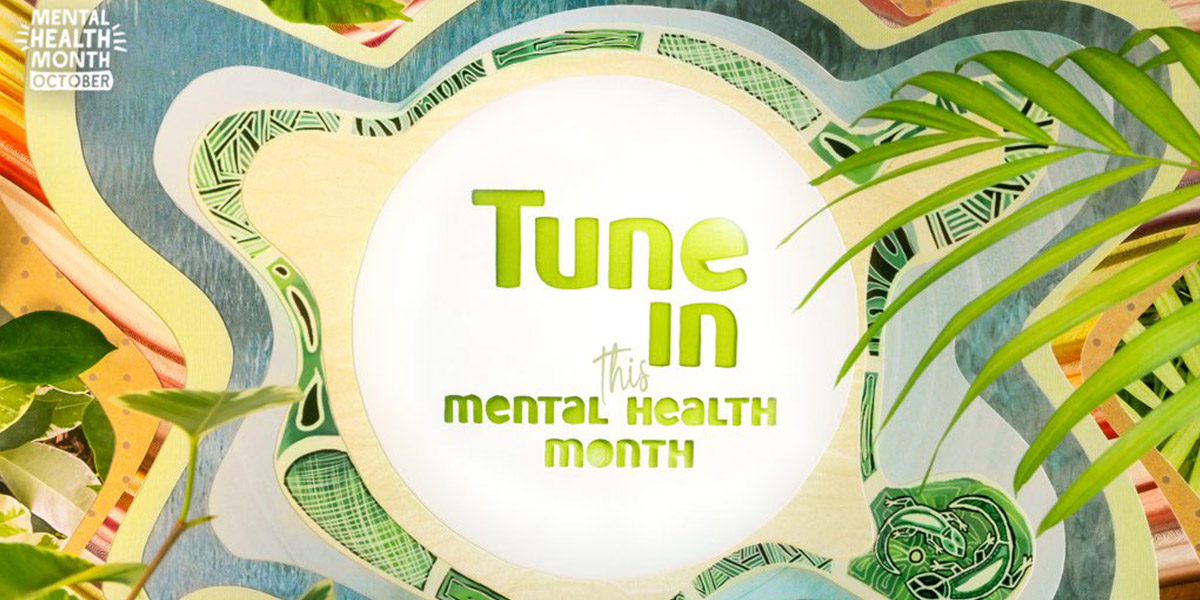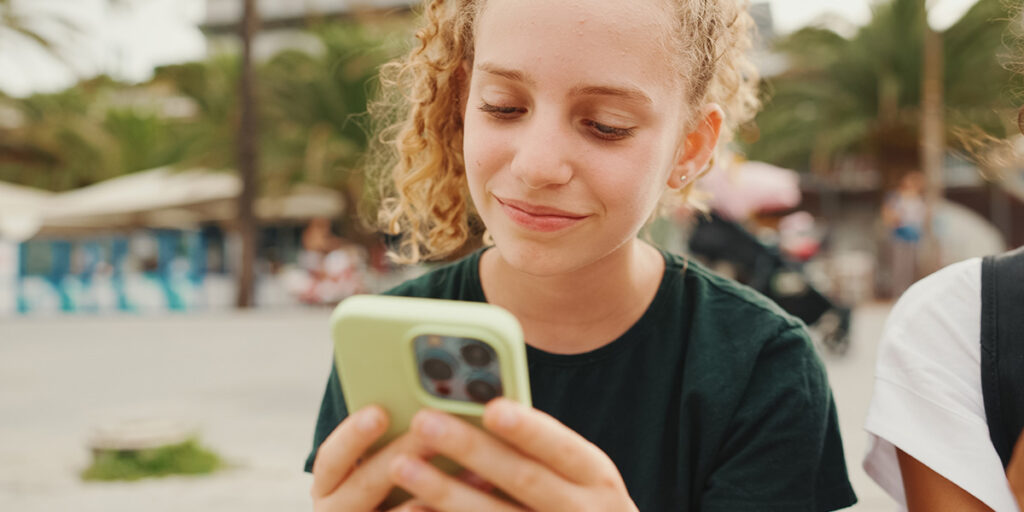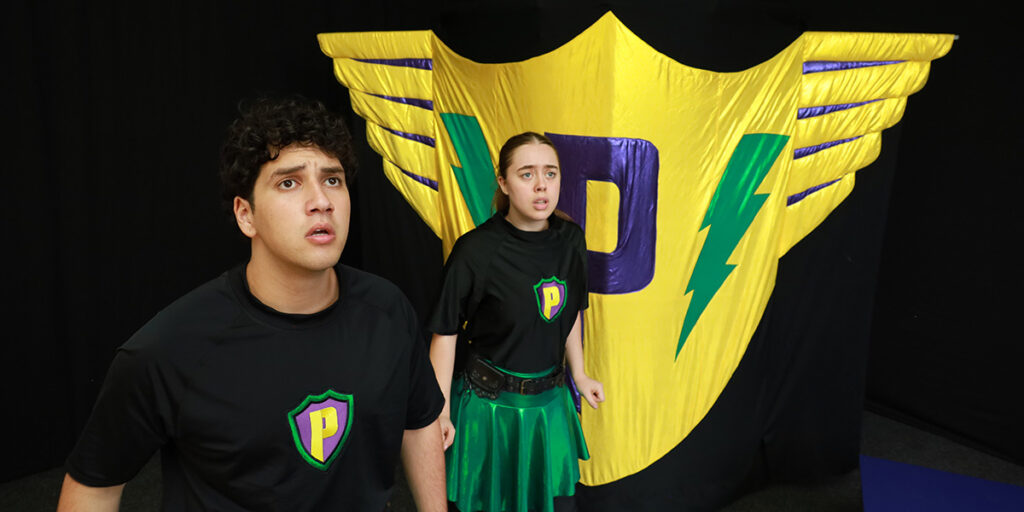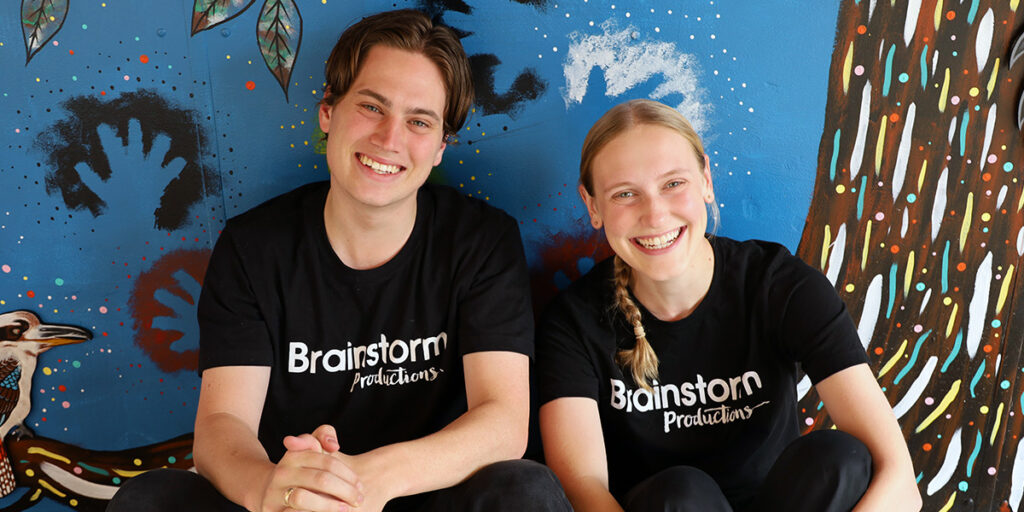October is Mental Health Month in Australia, coinciding with World Mental Health Day on the 10th of October. This year’s Mental Health Month theme is ‘Tune in’. The theme encourages everyone to tune in to themselves, tune in to others, tune in to their communities and tune in to the stigma that still exists around mental health.
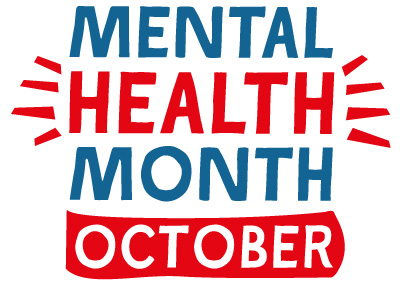
‘Tuning in’ means being present and aware of what is happening within you and around you. When we take time to tune in to our emotions, we are more likely to make effective choices and build positive connections. This is especially important during the COVID-19 lockdowns, when many Australians are more vulnerable to mental health issues and feelings of loneliness and disconnection.
Here are some tips to help teachers, students, families and communities ‘tune in’ during Mental Health Month 2021.
1. Tune in through the senses
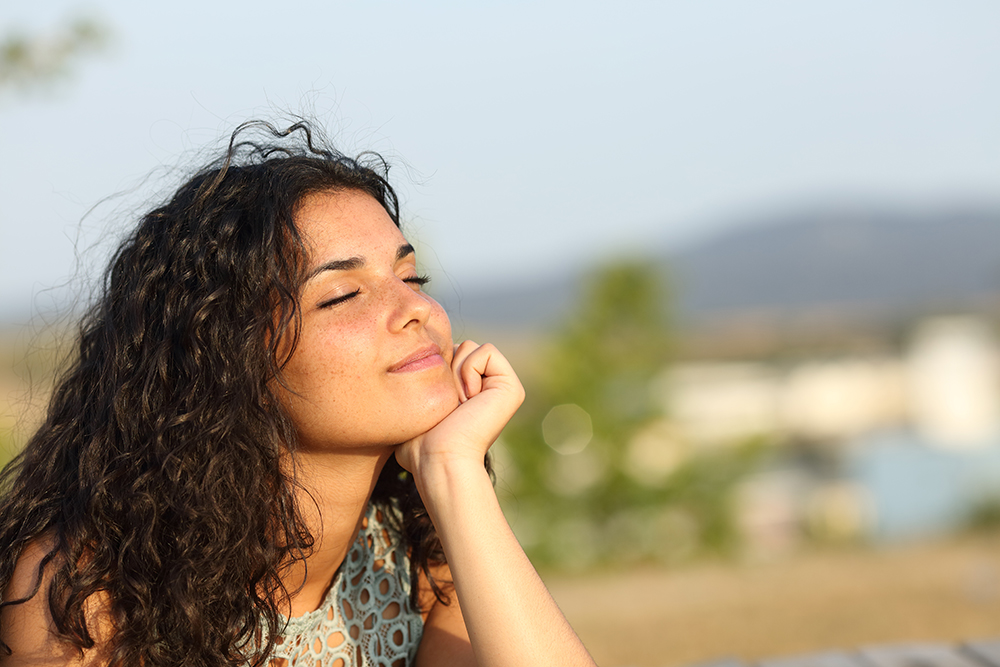
We can ‘tune in’ to ourselves by using our five senses and taking time to notice what we can see, hear, smell, taste and touch. We can do this in our everyday life – whether it’s during our morning routine, while eating a meal, going for a walk, connecting with nature, listening to music, doing something creative or just sitting in silence. We can check in with our emotions by asking ourselves “how am I feeling right now?” and spending a moment focusing on our breath.
2. Tune in with small acts of kindness
Does someone you know seem a bit down? Have you noticed they’re not themselves? We can tune in to others by asking people how they’re feeling, offering help or just taking some time to have a chat. If you’re worried about someone in your life, you can learn how to start a conversation at ruok.org.au.
We can tune in to our communities by attending local events, organising wellbeing activities at our school or workplace, or reaching out to a community member who may be isolated.
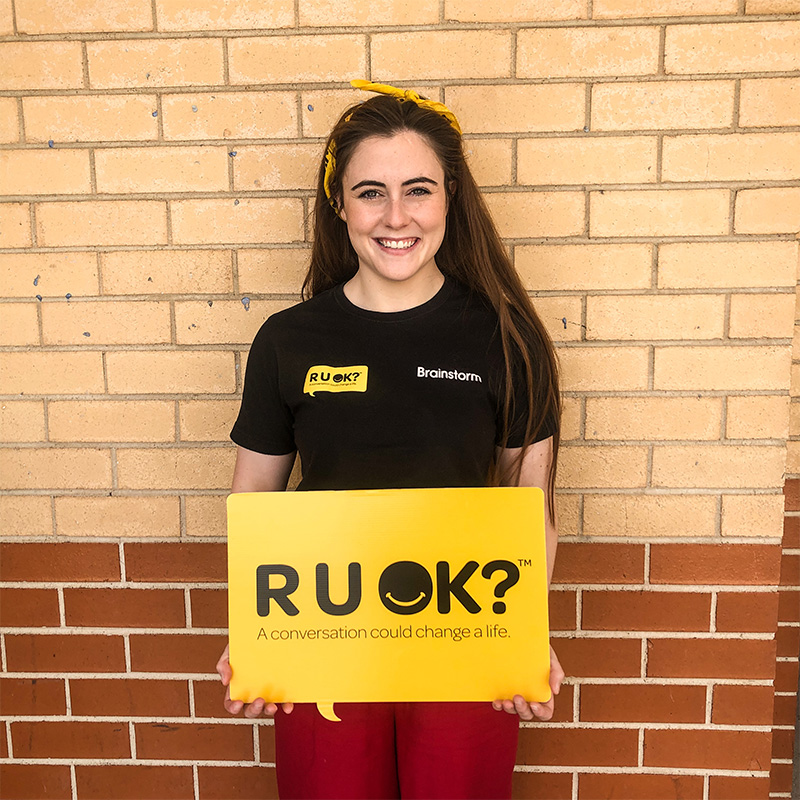
We can also consider ways to make events and activities more welcoming, open or easier to access for those experiencing difficulty with their mental health. Simple acts of kindness and awareness can help keep the community connected and well during challenging times.
3. Tune in by becoming a mental health ally
Stigma is still one of the main reasons people don’t seek help for mental health difficulties. Stigma, shame and prejudice all contribute to people feeling unable to reach out when they’re going through tough times. By being aware of stigma, and becoming a ‘Mental Health Ally’, you can help make the world a safer and more supportive place for people experiencing mental health challenges.
You can be a mental health ally by listening carefully, patiently and non-judgmentally. You can check in when talking about mental health or other sensitive topics – for example “is this conversation still ok for you?” By being mindful of boundaries, and checking how people around you are feeling, you are helping people with mental health challenges feel more comfortable and included. WayAhead has heaps of resources to help you become a mental health ally, including a ‘Mental Health Myth Busting’ factsheet and the ‘How to be an Ally’ info pack.
4. Tune in through mental health education
Educators can help their students to tune in, be present and enhance self-awareness through mental health education programs in schools. Mental health programs are designed to enhance student wellbeing and resilience by improving mental health literacy, reducing stigma and encouraging help-seeking. Students can also learn to tune in to their emotions, personal qualities and achievements, and the diverse perspectives of others, through the social and emotional learning (SEL) curriculum. Social and emotional skills can be nurtured through learning areas such as Personal and Social Capability and Health and Physical Education.
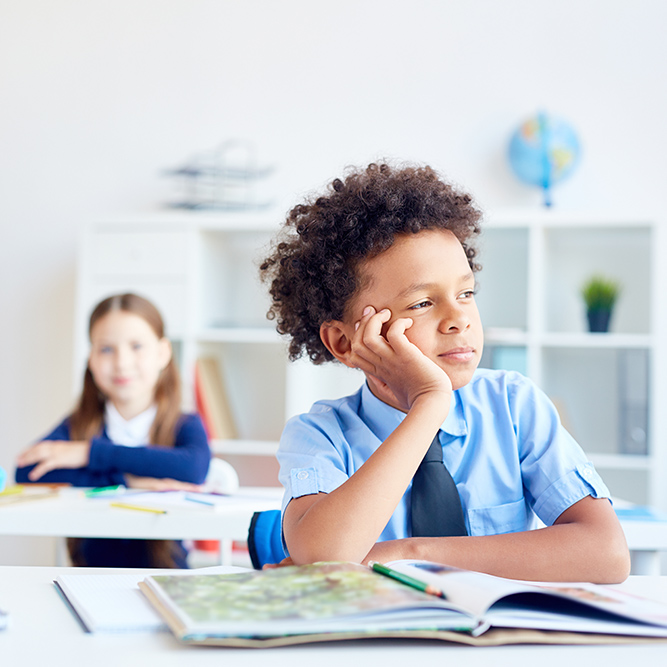
Mindfulness programs are becoming an increasingly popular component of mental health education. Mindfulness is paying attention to the present moment with curiosity, openness and a non-judgmental attitude. It can be practiced formally through meditation, or it can be a more informal practice that is incorporated into daily activities. Mindfulness programs provide students with skills that can be practiced and applied in a range of situations to enhance their social and emotional wellbeing.
A meta-analysis of mindfulness-based interventions with young people found that mindfulness practice was associated with better emotional and behavioural regulation, social skills and academic performance, and lower levels of anxiety and depression. Organisations such as Smiling Mind offer mindfulness programs for primary schools and high schools.
5. Tune in through theatre in education
A school theatre production is an engaging and creative way to help students tune in to their own experiences, as well as the experiences of others. Positive and sensitive stories about mental health can help to reduce stigma, increase mental health literacy, and encourage help-seeking. Students can explore different perspectives and reflect on their own mental health in a safe and supportive environment.
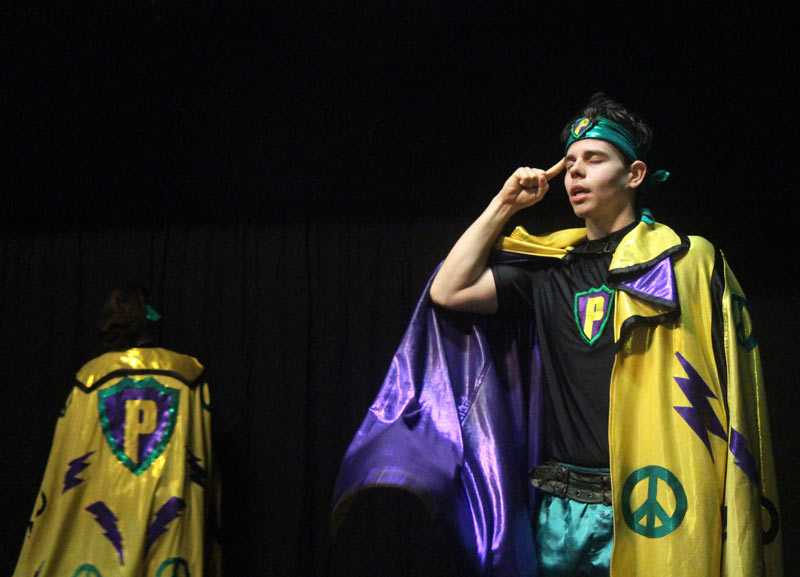
Brainstorm’s theatre in education programs help students build resilience, self-awareness and social skills. Each production is followed up by a Q&A with the actors and a full suite of curriculum-aligned classroom resources, which is a great way to complement existing school-wide mental health programs. We are also an R U OK? School Partner, sharing important messages about peer support, help-seeking and resilience in Australian schools.
Brainstorm is now taking bookings for our 2022 student wellbeing programs. You can find out what we’re up to during mental health month by following us on Instagram and Facebook!
The beautiful Aboriginal art that is featured in this year’s Mental Health Month campaign has been contributed by Tylah Lomas, proud Kamilaroi woman. The goanna is the totem of her tribe.

